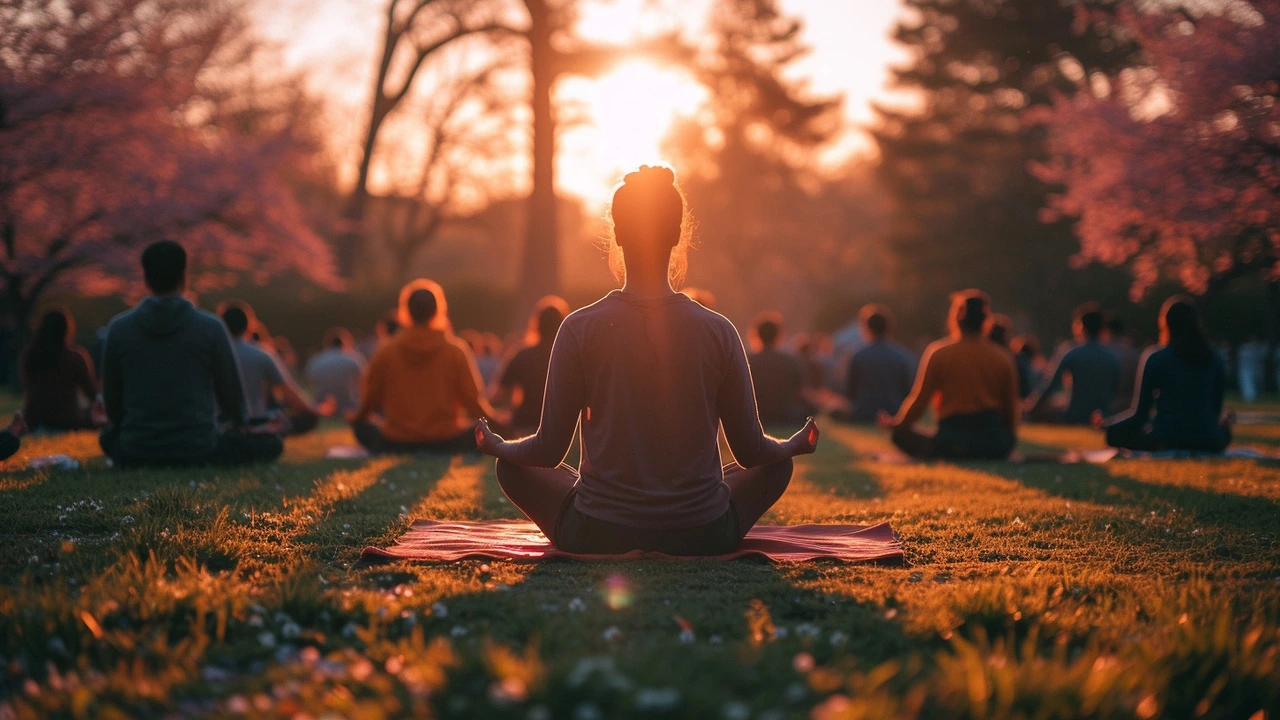The Foundation of Relaxation: Understanding Stress
Before we dive into the myriad ways to combat stress, it's crucial to understand what we're up against. Stress isn't just a buzzword; it's a physiological response to pressure or threats. When faced with a stressful situation, our bodies go into 'fight or flight' mode, releasing a flood of hormones like adrenaline and cortisol. These chemicals increase our heart rate, elevate our blood pressure, and boost our energy supplies. While this response can be life-saving in emergency situations, when triggered too often by everyday stresses, it can wear us down, affecting our health, mood, and overall well-being.
The good news is, just as our bodies have a mechanism to trigger stress, they also possess the extraordinary ability to relax, which counteracts the stress response. This relaxation response involves slowing down the heart rate, lowering blood pressure, and calming the mind and body. Activating this response not only combats the immediate effects of stress but, over time, can also improve health outcomes by reducing the risk of chronic conditions associated with prolonged stress, such as heart disease, obesity, and depression.
Deep Breathing Exercises: A Gateway to Calm
One of the most accessible and effective methods to kickstart the relaxation response is through deep breathing exercises. These techniques focus on taking slow, deliberate breaths, which can help to lower stress levels almost immediately. The science behind deep breathing is quite fascinating—by engaging in deep breaths, we send a signal to the brain to calm down and relax. This message then gets relayed to the body, resulting in a reduction in heart rate and blood pressure. It's a simple yet powerful tool that can be used anytime, anywhere, to restore a sense of calm.
There are various deep breathing techniques, such as diaphragmatic breathing, 4-7-8 breathing, and box breathing, each with its unique approach but all aiming to achieve the same outcome: relaxation. By incorporating deep breathing into our daily routine, we not only manage stress in the moment but also build resilience against future stressors, creating a buffer that helps us navigate life's challenges with greater ease.
The Transformative Power of Mindfulness
Mindfulness is another key player in the art of relaxation. It's about being present in the moment, fully experiencing the here and now without judgment. This might seem simple, but in a world where our attention is constantly being pulled in different directions, true mindfulness can be challenging to achieve. Yet, its benefits are undeniable. Studies have shown that mindfulness practices, such as meditation, can significantly reduce stress levels, enhance emotional well-being, and even improve physical health.
Mindfulness meditation, for example, involves sitting quietly, focusing on your breath, and observing your thoughts and feelings without getting caught up in them. Over time, this practice can help to break the cycle of chronic stress by changing how we relate to our experiences. Instead of reacting automatically to stressors, mindfulness teaches us to respond more thoughtfully and calmly. It's a skill that, like any other, requires practice, but the payoff is worth it—a more peaceful mind and a more relaxed body.
Creating a Relaxation Routine: A Personalized Approach
Finding the right relaxation techniques is a personal journey. What works wonders for one person might not have the same effect for another. That's why it's important to explore different methods and find what resonates with you. Aside from deep breathing and mindfulness, there are countless other techniques to try, such as progressive muscle relaxation, visualization, yoga, and even simple activities like reading or taking a walk in nature. The key is to make relaxation a regular part of your routine.
Start by dedicating a few minutes each day to a relaxation practice of your choice. It doesn't have to be elaborate—a short meditation or a few rounds of deep breathing can be incredibly effective. Over time, as you become more accustomed to these practices, you can gradually increase the duration and perhaps add new techniques to your relaxation repertoire. Remember, the goal is not to eliminate stress entirely—that's an unrealistic expectation. Instead, focus on managing stress more effectively, so it doesn't overwhelm you. By doing so, you'll not only improve your immediate sense of calm but also lay the foundation for long-term health and well-being.
